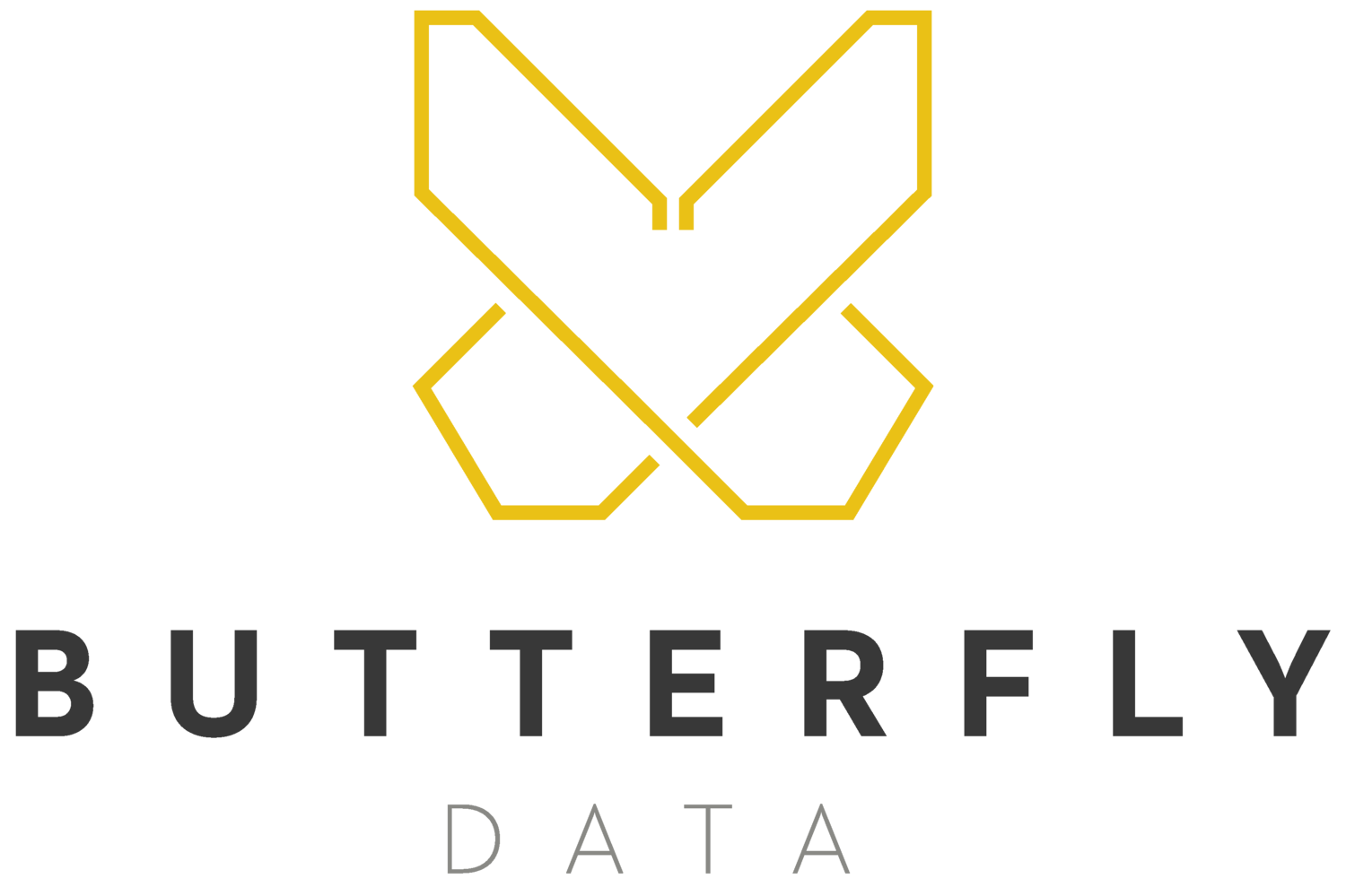Revolutionising Healthcare: Empowering the CDO with Data-Driven Solutions
The NHS handles vast amounts of data on a daily basis - everything from patient records to imaging scans to genomic sequences. As the volume and variety of health data continues to grow, NHS and other healthcare organisations are appointing Chief Data Officers (CDOs). These professionals harness the power of data to improve patient care, streamline operations, and budget more effectively in the areas that really matter.
However, CDOs often face challenges in integrating siloed systems, ensuring data quality, and implementing data science projects. In this blog, we explore proven data solutions for CDOs in the NHS to create an insightful, data-driven healthcare organisation.
What Does It Mean to Be “Data Driven”?
A data-driven organisation bases decisions on facts and metrics rather than assumptions. By collecting and analysing healthcare data, CDOs gain valuable insights that can significantly impact patient outcomes.
For example, studying trends in patient records over time can reveal risk factors for certain conditions. Clinical decision support systems can then leverage these insights to provide personalised care recommendations. Being data-driven means letting data - not just intuition or routine - guide actions.
Promising Data Strategies for the NHS
There are many possible data solutions for Chief Data Officers in Healthcare. However, to become more data-driven, we suggest NHS organisations need robust data strategies focused on four key areas:
1. Data Integration
Combining data from different systems provides a comprehensive view of each patient. APIs and FHIR standards enable interoperability between new and legacy systems.
2. Data Quality
Clean, accurate data is essential for reliable analysis. Data governance policies and master data management enforce standards and data integrity.
3. Advanced Analytics
Data science and AI uncover patterns and insights from NHS data. CDOs must provide data scientists with the tools and resources needed to develop and deploy advanced models.
4. Data Protection
By implementing controls like role-based access, encryption, and consent management, CDOs can ensure GDPR compliance and appropriate data sharing.
The Power of High-Quality Data
"Garbage in, garbage out" - without clean, standardised data, any insights gleaned are unreliable. That's why Chief Data Officers must prioritise data quality and governance.
Master data management maintains accurate patient identifiers, locations, providers, and terms. Data governance policies enforce standards across systems and provide transparency into data lineage. Together, these capabilities ensure NHS organisations can trust the data driving decisions.
In cases where data inherited from older systems is particularly difficult to manage and cleanse, or where there’s a complex system where data is coming in from many different sources and presented in different formats, you may require professional Data Transformation Services. This is where an external agency smooths, normalises, and integrates data to create a reliable, unified view. They may also deploy additional tools to help with analysis or group and summarise types of data.
Harnessing Real-Time Data in Healthcare
Real-time data enables clinicians to detect potential adverse events and intervene promptly. Streaming analytics platforms can ingest and analyse real-time data from bedside monitors, wearables, and other medical devices to identify critical changes in a patient's condition. Clinicians receive alerts on dashboards and mobile devices, allowing rapid response. Real-time data analysis saves lives by catching signs of deterioration early.
Real time data capture can also help professionals find patterns among similar patient cases as they are still developing, and can ensure resources are allocated appropriately in response to incidents or outbreaks.
How Data Science Projects Empower CDOs
Many CDOs struggle to implement data science projects, as they lack data scientists and analytics engineers on staff.
Outsourcing these skills on an as-needed basis provides cost-effective access to advanced analytics. External data scientists such as our experts at Butterfly Data can collaborate directly with business users to develop pragmatic models that deliver true insights.
Focus areas include predictive risk modelling, optimising operational efficiency, and powering virtual health assistants. By enabling data science initiatives, CDOs can derive greater value from NHS data.
The Promise of AI in Healthcare
AI and machine learning has vast potential to augment clinicians' capabilities and improve patient outcomes. CDOs can build an AI strategy focused on high-impact use cases like analysing scans, personalising treatment plans, automating administrative tasks, and predicting health deterioration.
Of course, AI algorithms are only as good as the data used to train them, which underscores the need for data standards and quality governance. Implementing AI ethically and transparently will be critical as uptake increases.
Read our blog on Recent AI Developments in Healthcare
Achieving GDPR Compliance
While data sharing can improve care coordination, CDOs must also ensure GDPR compliance.
Consent management platforms track patient consent preferences across systems. Granular access controls restrict data access to appropriate individuals. Pseudonymisation and data minimisation techniques enhance privacy. Following guidelines from NHS Digital and the ICO, CDOs can facilitate lawful data sharing that puts patients first.
In Summary
Data is transforming every industry - and healthcare is no exception. As NHS organisations become more data-driven, they gain deep insights that can profoundly improve patient outcomes and experiences.
However, this requires dedicated leadership and strategic data management. By developing robust data integration, governance, analytics, and protection capabilities, Chief Data Officers can maximise the value of data for both patients and the healthcare system as a whole. The future of healthcare will certainly be data-driven - and by getting ahead of this trend, CDOs can drive real innovation that saves lives.
If you’re a Chief Data Officer looking for external help with data integration or transformation, or exploring options for data science innovation within your workplace, contact Butterfly Data.
We have a broad experience of delivering data solutions in Healthcare settings and understand the common difficulties, as well as having a clear vision for how these can be resolved. Our informed, collaborative approach to data has helped many CDOs to realise their vision for how data can be better understood and used in their workplace.


